Not all bioplastics are created equal
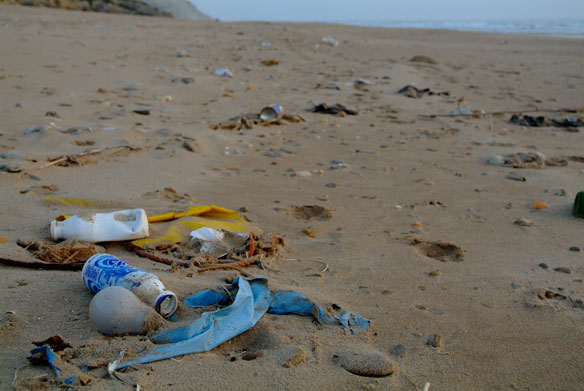
Conventional plastics are seen as environmentally unfriendly because they’re made from fossil fuels. However, as plastic production grows, plant-derived polyethylene terephthalate (BioPET) has been touted as a more environmentally friendly alternative to PET, a plastic primarily used in beverage bottles. But a new study suggests that’s not always the case.
France Becomes First Country To Ban Plastic Cups And Dishes
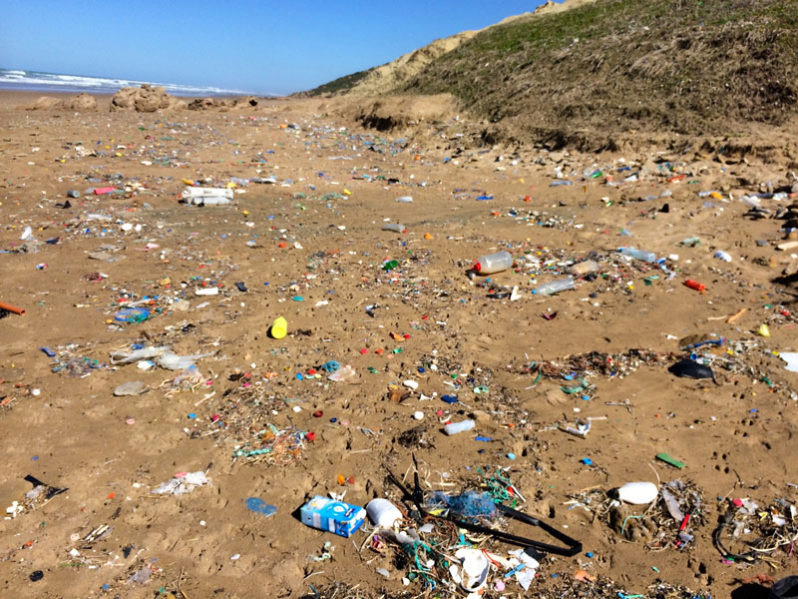
According to The Associated Press, France has become the first country in the world to ban disposable, plastic cups and dishes. Businesses have been given until Jan. 1, 2020 to comply with the measure.
When Coastal cleanups become a habit

Coastal Cleanups, which draw volunteers to help clean up coastline, rivers and streams, have helped educate people on the importance of keeping the waterways free of trash and debris. “Every day should be a day when we can make a difference.” “We pick up trash if we see it on a wildlife area or on a beach… “
Norway and Turkey vote against ban on dumping mining waste at sea
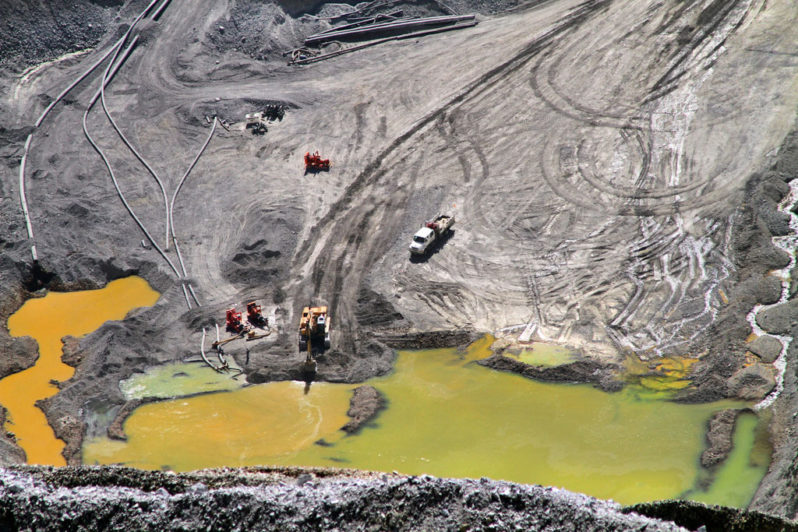
Norway and Turkey were the only two of 53 countries to vote against an international ban on the dumping of mining waste at sea, at a major conservation summit in Hawaii last week.
Caribbean Sea earns US$400B a year, yet its marine ecosystem is increasingly threaten
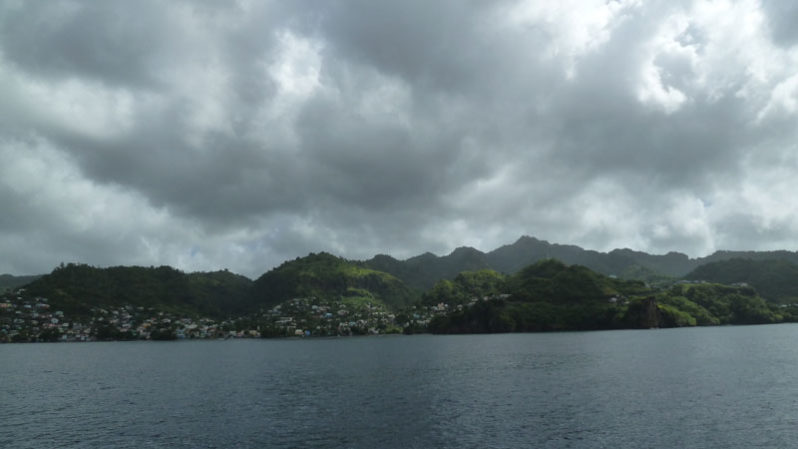
In tandem with that increase in economic activity and earning is a projected rise in the number of threats to the ocean from the very activities which it supports. In the Caribbean Sea, 70 per cent of beaches are eroded due to destroyed reefs, sea level rise, and excessive coastal development.
International Coastal Cleanup: September 17, 2016

Join the world’s largest volunteer effort for our ocean by finding an International Coastal Cleanup event location near you.
Loving the Ocean Starts at Home
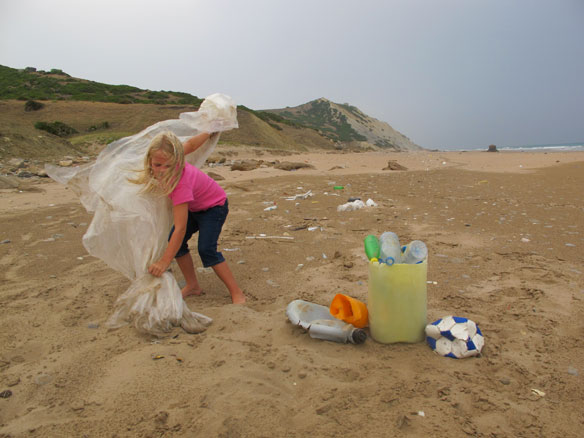
Individuals really can make a huge difference. With an estimated 80% of ocean pollution starting on land the best way to beat marine pollution is by preventing it from ever reaching the sea.
World Bank: Air pollution deaths costing global economy $225bn a year

Premature deaths caused by poor air quality cost the global economy around $225bn in lost labour income during 2013, according to a major new economic study published today by the World Bank and the Institute for Health Metrics and Evaluation (IHME).
Nutrient pollution is changing sounds in the sea
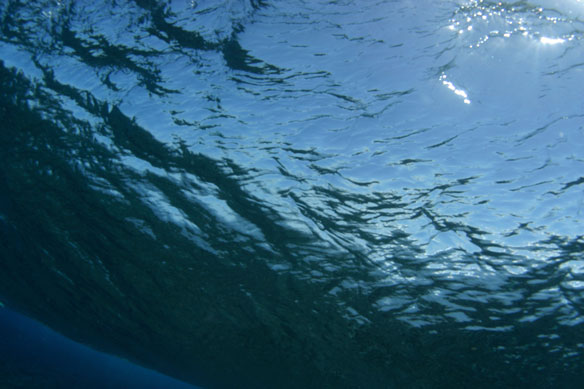
Nutrient pollution emptying into seas from cities, towns and agricultural land is changing the sounds made by marine life — and potentially upsetting navigational cues for fish and other sea creatures, a new study has found.
